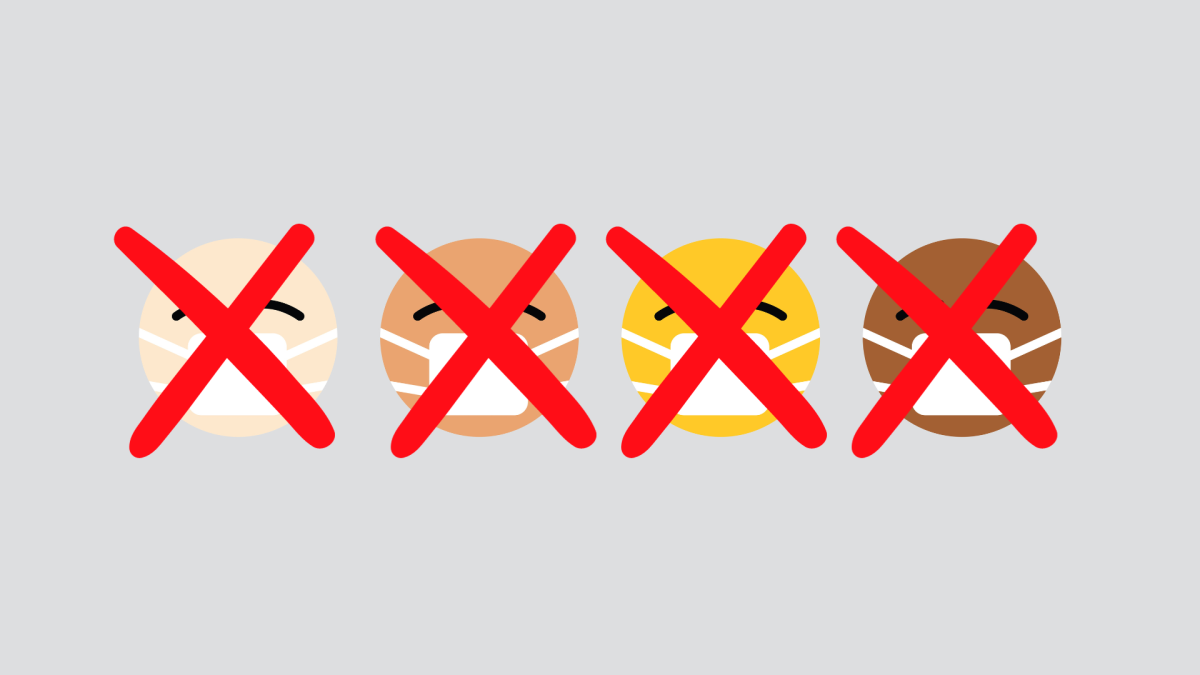Gauging our self-worth through the attention and recognition of the opposite sex causes problems for both men and women. Men believe they’re given an injustice for being rejected, and women blame themselves for not being enough.
Recent coverage of the shooting in Isla Vista, Calif., near U.C. Santa Barbara, has sparked a national media debate: who is to blame for the shooter’s actions?
The young man, identified as Elliot Rodger, published a video to his YouTube channel that details his reasoning for going on a shooting spree–he blames women for not being sexually attracted to him, and set out to punish all women.
He also wrote over 100-page manifesto detailing everything that led up to the shooting, including the bullying he faced as a child, the men who tried (and failed) to help him attract women, his exposure to porn, and his eventual planning of the massacre, which he deems as his “retribution”–retribution that may have been justified in his mind based on our culture’s values.
Although Rodger’s actions are not the norm, his mindset is not uncommon enough. In response to the Isla Vista killings, a hashtag emerged to surface the ongoing misogyny in today’s culture. #YesAllWomen is a twitter movement that calls attention to the violence and maltreatment that women face from men every single day– it’s not just shootings from errant men, but intrinsic and everyday occurrences that all women come to contact with.
It was prompted in response not only to the shooting in California, but to combat the familiar argument that “not all men” are like Rodger. The reason this is wrong was summed up in a tweet by twitter user @AdelaideKane:
https://twitter.com/AdelaideKane/status/471101252332699648
Men are under the impression that women owe them sex, and that sex equates to power. If a guy is nice to a woman, listens to her, and maybe buys her a drink, then she owes him sex, right?
Of course not. But it’s a line of thinking that many guys have, thanks to the messages and ideas that he faces every day of his life. Maybe in his mind, it’s an equation (meet a girl+treat her like a decent human being=sex as payment) so intrinsic in the thought process that he doesn’t even realize what he’s doing, or how messed up it is.
But it’s a more complicated equation than that, thanks to the media messages and ideals that our society imparts on all young men and women. After a man receives sex as payment for doing something, he expects this to solidify his worth and value in society, because we equate men’s sex lives with power, success, and masculinity. In reality, when nothing in his life changes, he then turns to expressions of violence or anger to reaffirm his position of power.
Rodger in particular was convinced that if he worked out and gained popularity, then he would attract women and be considered successful. For him, the equation didn’t even include talking to women–all he had to do was be mildly likeable and they should expectantly open their legs for him, because he was a man. That’s how it works. Right?
Unfortunately, the misguided equation for masculinity and power is a culturally-advocated one. It’s something that all men have in their minds and connect their self-worth to. And if something goes wrong, rather than blaming themselves or society, men tend to blame women. Women do, too.
https://twitter.com/KendallMcK/status/470696837109022720
This tweet aptly sums up the problem that society must contend with. It doesn’t just affect the way men view the world, but the way women do as well. Women and men alike think that women owe men something–a toxic idea that is infused into our cultural norms.
The root of the problem is not solely the lack of gun control or mental illness, but an intrinsic and culture-wide value system that places what men want above the health, safety, and in this case, lives of women. One that no one is exempt from but everyone refuses to believe that are a part of.
I understand. No one wants to be labeled sexist, or an angry feminist. But if we ignore the problem, things like this will continue to happen. Men will be inundated with these messages that they have to be the dominant gender, that sex is their right, that women owe them something. Women are overwhelmed with messages to be pretty but not too pretty, sexual but not slutty, thin but not too thin. These messages that are very subtle but incredibly pervasive in countless aspects of media and society, and no one is exempt.
Of course not all men are going to go out and shoot the women who didn’t offer themselves up to have sex. But according to the 2010 National Intimate Partner and Sexual Violence Survey, one in five women has been the victim of attempted or completed rape in their lifetime, and one in two women has been the victim of sexual violence other than rape. One in four women have been beaten by an intimate partner. One in six women have been stalked.
What happened in California is tragic. Unfortunately, it’s something that could have been foreseen. These numbers are too high for people to truly be surprised as the amount of violence escalates and presents itself in new and exciting ways.
We do not get to pretend to be shocked at Rodger’s actions. There’s no debate about who is at fault here. We all are. Our culture and our society are flawed immensely. Until we collectively agree to take the blame and fix it, things like this will happen. These tragedies are byproducts of the world we live in.
People will keep writing, tweeting, and talking about this issue until the day we can finally and truthfully say “not all women.”











